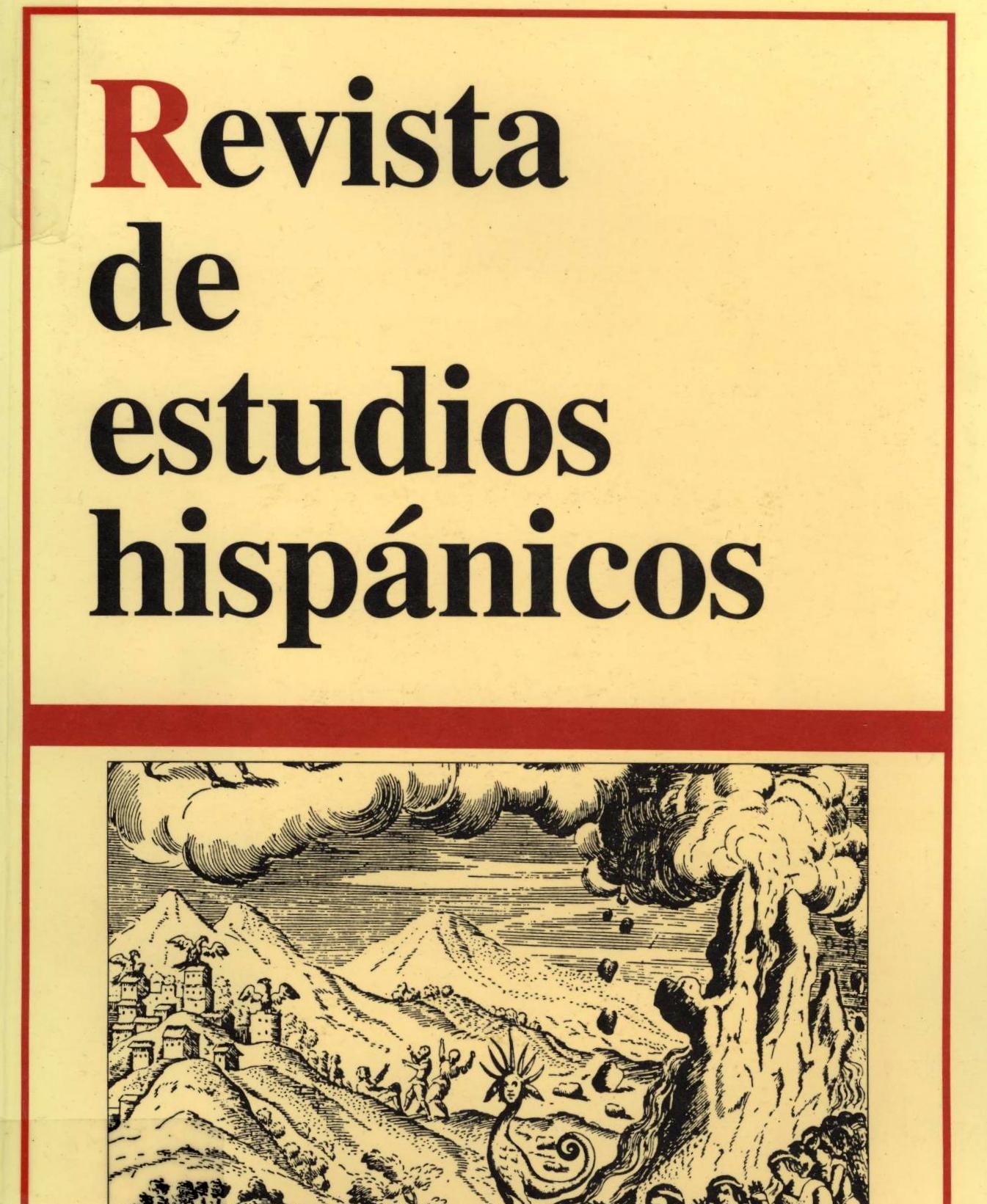Abstract
A politically empowered military radically changed the historic course and national identity of Uruguay, previously Latin America's most peaceful welfare state. The conversion of Uruguay from a nation proud of 70 years of benevolent democracy to an authoritarian jailer of one in five citizens took a mere three years. Although the Uruguayan social fabric had been deteriorating due to a spiraling foreign debt, high unemployment and a shift in state tutelage away from a complacent middle class toward an increasingly numerous and politicized proletariat, the final tear occurred on June 27, 1973. The National Assembly dissolved itself placing the state in the hands of a military longing for a return to the less chaotic, less diverse, insular and tranquil Uruguayan nation of yesteryear. The single-minded thoroughness and zeal with which the military took to restoring the nation to its imagined past stunned an apathetic middle class. Covert torture, kidnaping, murder, disappearances and "therapeutic" incarcerations became the quotidian. The authoritarian and xenophobic military penetrated all aspects of public and private life looking to root out
foreign (read Communist) ideas.2 The military's role as guarantor of sovereign geographic borders grew to include ideological territory. The nation's self-identity and international reputation would be forever changed.3

This work is licensed under a Creative Commons Attribution-NonCommercial 4.0 International License.

